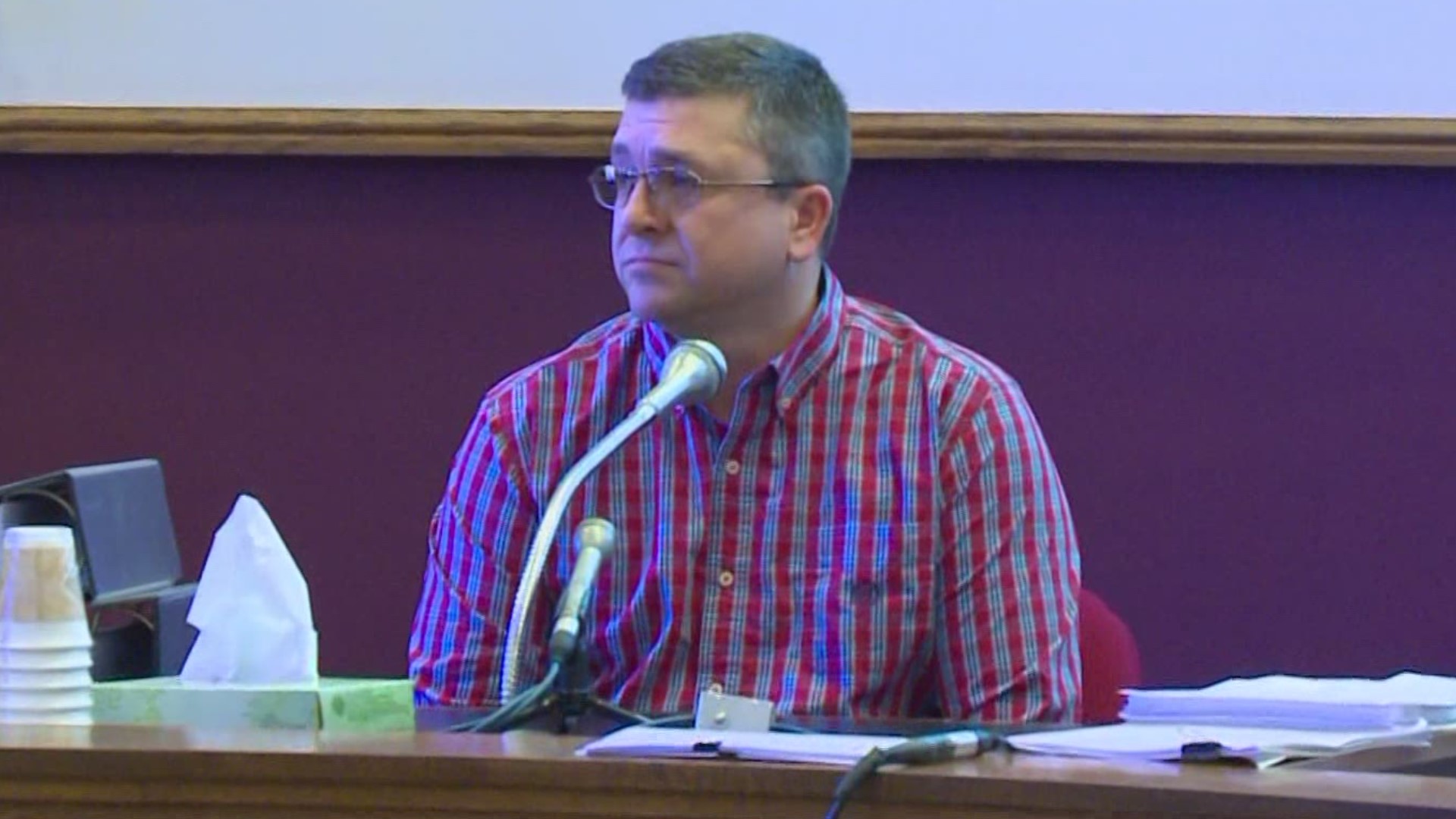DES MOINES, Iowa — Jason Carter is still responsible for paying a $10 million civil judgment to his family, the Iowa Supreme Court ruled Friday.
Carter was found liable for the death of his mother, Shirley Carter, in December 2017 after his father, Bill Carter, filed a wrongful death lawsuit in Marion County.
While Jason was acquitted of murder in a criminal case in 2019, his legal team asked the Iowa Supreme Court to throw out the judgment based on the civil case preceding the criminal case, plus what they claimed was new evidence.
"Jason has failed to show the trial court abused its discretion when it denied his motion for continuance until law enforcement made a decision whether to prosecute him for his mother’s murder," Chief Justice Susan Christensen wrote in her ruling. "The plaintiffs have two years to file a wrongful death suit, and there is no rule requiring trial courts to stay civil proceedings until criminal proceedings conclude."
Exculpatory evidence was available, specifically, statements from people saying Shirley Carter was shot to death by someone other than Jason, his attorneys alleged.
But the Iowa Supreme Court found those to be hearsay.
The ruling reads in part:
Upon our review of the interview summaries, we agree that most of the information disclosed in them is uncorroborated, incomplete, refuted by others, or implausible based on the known facts of Shirley’s death. Even where the person speaking to law enforcement was noted as seeming earnest, their statement often involved at least another level of hearsay, meaning they heard it from someone who heard it from someone else. The statements do not meet the reliability requirement for the residual exception.
Previous updates
- Jason Carter files new lawsuit, accuses Iowa DCI of 'egregiously incomplete' and 'biased' investigation
- District judge: $10M civil judgment to stand against Jason Carter after being acquitted in mother's death
- Jason Carter files federal lawsuit against his father and Marion County investigators
- Jason Carter and family ‘not looking back’ following not guilty criminal verdict
Other issues raise by Jason Carter's team, such as the Division of Criminal Investigation turning materials over in the civil case prior to a murder charge being filed, did not have legal standing, according to the court.
"Jason takes an all or none approach and argues that the district court should have either granted his motion to quash or required all DCI evidence be provided to the parties," the ruling reads. "On the one hand, he claims the district court gave the plaintiffs an unfair advantage by allowing the state to provide segmented prejudicial evidence pursuant to a private agreement. On the other hand, Jason claims the state cannot waive the privilege in Iowa Code section 622.11 for use in civil trial."
Section 622.11 states law enforcement "cannot be examined as to communications made to the public officer in official confidence, when the public interests would suffer by the disclosure," but the court said in its ruling that as since Jason is a private citizen, DCI's disclosure of information as part of the civil case did not relate to the public's safety.
Read the full Iowa Supreme Court ruling below

